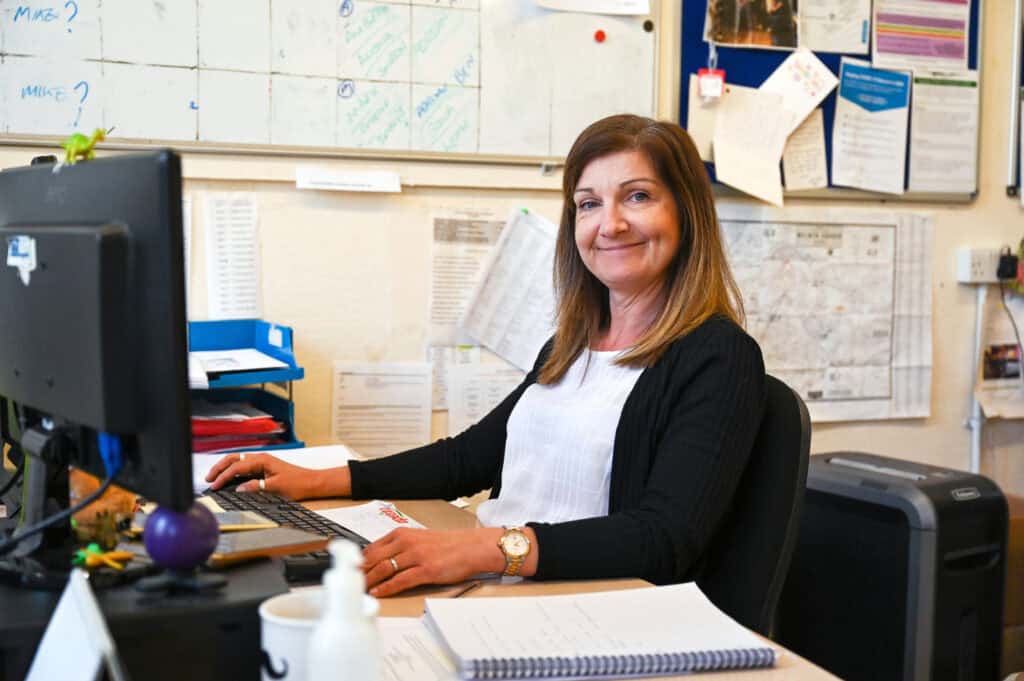Watch this page in BSL
The Department for Work and Pensions (DWP) have launched new Access to Work ‘Adjustments Planners’ to support disabled people into work.

The planners aim to empower disabled people to communicate their needs with employers – both when looking for a job, and within a job. These voluntary planners should help people to access support through the Access to Work scheme, as well as raise awareness of the scheme itself.
What is Access to Work?
Access to Work is a government scheme that can help you get into or stay in work if you have a physical or mental health condition or disability.
If you are deaf or have hearing loss, an Access to Work grant could help pay for any assistive devices or communication support you need at work. This could include, for example, a listening device or loop system to help you during meetings.
What is an Adjustment Planner?
An Adjustment Planner is a new tool introduced by DWP to support disabled people to communicate their needs with employers.
Disabled people can voluntarily use the planner to capture any information about their needs in this single document. This should avoid having to repeat your needs multiple times, and reduce the need for reassessment.
So far, DWP have launched two planners:
- One for veterans to return to work
- One for disabled university students and graduates who are moving into work.
How will the Adjustment Planner affect people who are deaf and have hearing loss?
RNID have been working with DWP to develop a new planner, designed especially for BSL users, to give them the confidence to have conversations about their needs with potential or current employers.
We also want the planner to raise awareness of the support available through Access to Work for BSL users and encourage most people to apply.
The BSL Adjustments Planner is not launched yet, and we are still working with the DWP to finalise the contents of the planner to make sure it is appropriate and meaningful for people who speak BSL.
Michael Quinlan, Deaf Advocacy Manager at RNID said:
“We welcome the DWP’s ongoing work to introduce Adjustment Planners. We have been collaborating with the department to develop a new planner, designed specifically for British Sign Language (BSL) users, to support them to communicate their needs to employers.
“We know that deaf people still face too many barriers to work. One in three BSL users are either not in work or looking for work. However, even within work, deaf people face challenges like a lack of knowledge and deaf awareness among employers and colleagues, as well as poor understanding of what support is available. We want deaf people to be empowered to present employers with a clear statement of their access needs and the adjustments they require.
“We hope the BSL Adjustments Planner will improve BSL users’ access to work, reduce the need for individuals to constantly repeat their needs within the workplace, and reduce need for reassessment. We also hope it will increase BSL users’ awareness of the support they are entitled to through Access to Work and other schemes, and improve employers’ understanding.”
What happens next?
We’ll continue to work with DWP to create a planner designed for BSL users, and share any updates and information as soon as the planner is due to be launched.